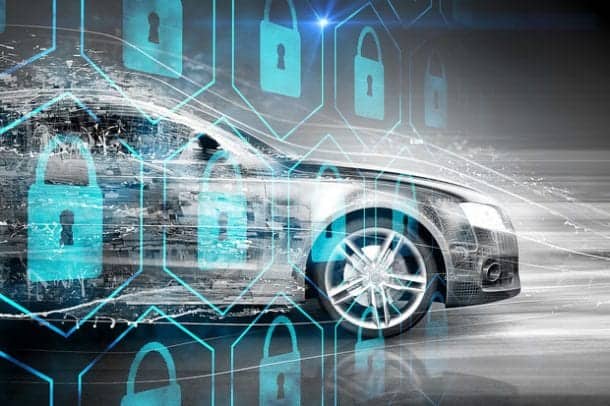
In recent years, the integration of artificial intelligence (AI) into vehicles has sparked both excitement and concerns. Among these concerns is the myth that AI in cars poses a significant cybersecurity risk; However, that is not necessarily the case. In this blog post, we’ll explore this myth and shed light on the facts surrounding cybersecurity in AI-enabled vehicles.
Myth: AI in Cars Poses a Significant Cybersecurity Risk
The idea that AI in cars presents a major cybersecurity risk stems from fears of potential vulnerabilities that could be exploited by malicious actors. With AI systems increasingly becoming integral to vehicle functionality, there’s a perception that these systems may be susceptible to hacking, leading to serious safety implications on the road.
Fact: Proper Cybersecurity Measures Ensure Safety and Integrity
While cybersecurity is a crucial consideration for AI-enabled vehicles, it’s important to understand that they are not inherently riskier than other connected devices, such as smartphones or computers. In fact, with proper cybersecurity measures in place, AI systems in cars can be safeguarded against potential threats.
Encryption: Protecting Data and Communications
One of the primary cybersecurity measures in AI-enabled vehicles is encryption. By encrypting data transmissions and communications between vehicle components and external systems, sensitive information such as personal data, navigation routes, and vehicle diagnostics remain secure and inaccessible to unauthorized entities.
Secure Software Updates: Patching Vulnerabilities
Regular software updates are essential for addressing security vulnerabilities and ensuring the resilience of AI systems in cars. Manufacturers must implement secure over-the-air (OTA) update mechanisms to deliver patches and updates efficiently while minimizing the risk of tampering or unauthorized access.
Intrusion Detection Systems (IDS): Proactive Threat Detection
Intrusion detection systems play a vital role in identifying and minimizing cybersecurity threats in real-time. By continuously monitoring the vehicle’s network and detecting suspicious activities or inconsistencies, IDS can alert manufacturers and drivers to potential security breaches, enabling prompt response and mitigation measures.
While concerns about cybersecurity in AI-enabled vehicles are valid, it’s essential to distinguish between myth and reality. With the implementation of proper cybersecurity measures such as encryption, secure software updates, and intrusion detection systems, the safety and integrity of AI systems in cars can be effectively safeguarded.
As the automotive industry continues to innovate and embrace AI technology, maintaining a proactive approach to cybersecurity will be crucial. By prioritizing security alongside innovation, manufacturers can ensure that AI-enabled vehicles remain safe, reliable, and resilient in an increasingly connected world. Check out this article to learn Six Ways to Protect Against Autonomous Vehicle Cyber Attacks.

